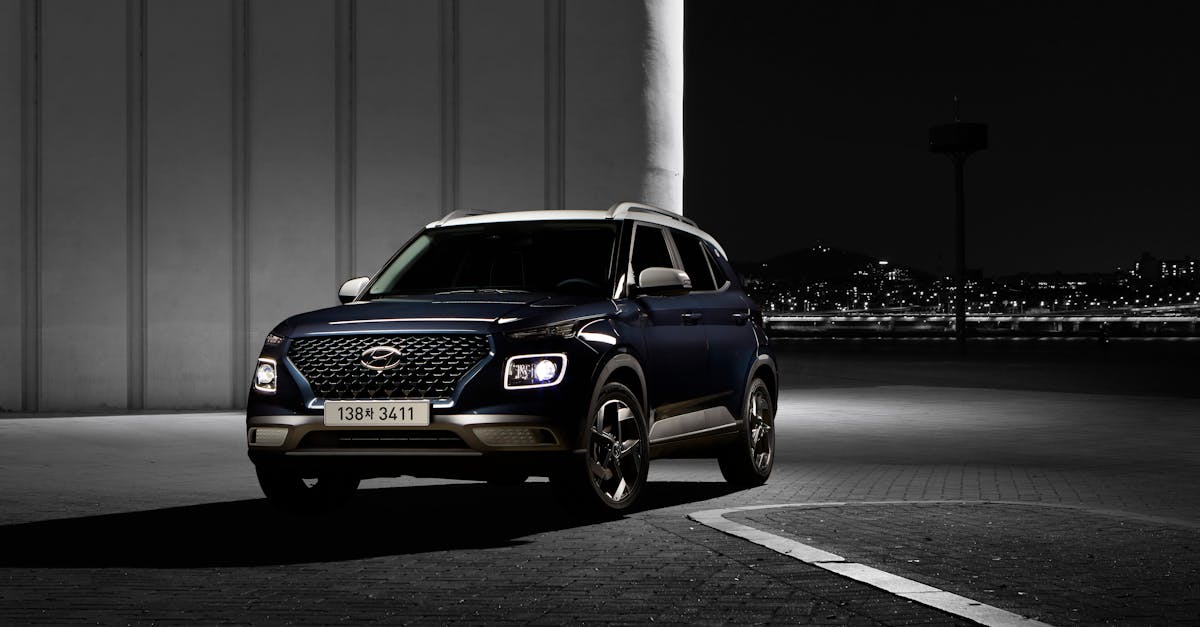Owning a Hyundai comes with several benefits, and one of the most significant is the Hyundai warranty that provides peace of mind to car owners. Understanding what this warranty covers is essential for any buyer, as it not only enhances the ownership experience but also protects against unexpected repair costs. In this article, we will dive into the details of the Hyundai warranty, offering insights that every owner should consider to maximize their investment.
Main Points
- Overview of the Hyundai warranty types
- Standard coverage details
- Benefits of extended warranties
- How to make a warranty claim
- Common misconceptions about the warranty

Understanding the Different Types of Hyundai Warranties: A Comprehensive Breakdown
When purchasing a Hyundai, it’s essential to grasp the various warranty options available. These warranties not only provide peace of mind but also protection against unexpected repairs. Understanding the core types of Hyundai warranties can significantly impact your ownership experience.
Main Types of Hyundai Warranties
- Basic Warranty: Covers many components for 5 years or 60,000 miles, offering protection for most issues that may arise early in the vehicle’s life.
- Powertrain Warranty: Extends to 10 years or 100,000 miles, covering crucial parts like the engine and transmission—vital for long-term reliability.
- Anti-Perforation Warranty: Lasts for 7 years and safeguards against rust, an often-overlooked aspect of vehicle longevity.
Knowing these warranty types ensures you make informed decisions about your Hyundai vehicle, maintaining its value and reliability over time.

Key Benefits of Hyundai’s Manufacturer Warranty: Peace of Mind for Every Driver
Hyundai’s manufacturer warranty offers drivers peace of mind, ensuring that potential repair costs are covered for an extensive period. This comprehensive coverage allows owners to focus on enjoying their drive without worrying about unexpected expenses. Moreover, the warranty enhances vehicle reliability and boosts resale value, making it an invaluable aspect of ownership.
How to Effectively Utilize Your Hyundai Warranty: Tips and Best Practices for Owners
To maximize your Hyundai warranty, first, understand its terms thoroughly. This knowledge helps you navigate coverage limits effectively. Secondly, maintain meticulous service records; they can significantly strengthen your claims. Finally, don’t hesitate to consult your dealership for guidance. This proactive approach fosters peace of mind and ensures your investment remains protected.
Conclusion
In summary, understanding the nuances of car warranties can significantly impact your ownership experience. A Hyundai warranty, in particular, offers peace of mind for drivers by covering essential components and services. However, it’s crucial to read the fine print and be aware of the terms and conditions attached to it. While these warranties provide excellent coverage, they often come with limitations that should not be overlooked. Therefore, as you consider your options, take the time to evaluate what’s included in your Hyundai warranty. This way, you can make an informed decision that best suits your needs and enhances your driving experience.
Frequently Asked Questions
What does the Hyundai warranty cover?
The Hyundai warranty typically covers defects in materials and workmanship for a certain period of time or mileage. This usually includes powertrain components, basic vehicle parts, and in some cases, features like roadside assistance.
How long does the Hyundai warranty last?
The standard warranty for new Hyundai vehicles is 5 years or 60,000 miles for the basic warranty and 10 years or 100,000 miles for the powertrain warranty. However, specific terms may vary based on the model and year.
Is the Hyundai warranty transferable?
Yes, the Hyundai warranty is transferable. If you sell your vehicle before the warranty expires, the remaining coverage can be transferred to the new owner, which can add value to your vehicle.

